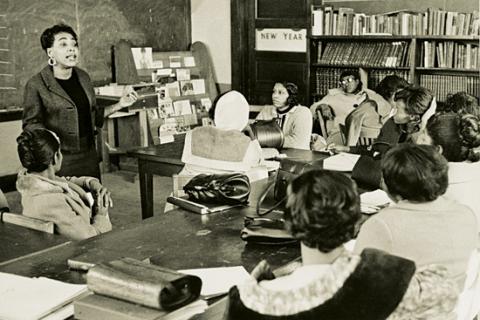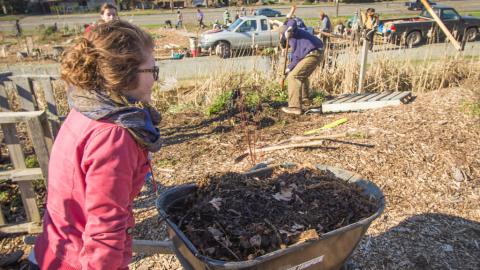The Problem with the Singular Narrative Taught in History Classes
The Atlantic

Currently, most students learn history as a set narrative—a process that reinforces the mistaken idea that the past can be synthesized into a single, standardized chronicle of several hundred pages. History is anything but agreeable. It is not a collection of facts deemed to be “official” by scholars on high.









Spread the word